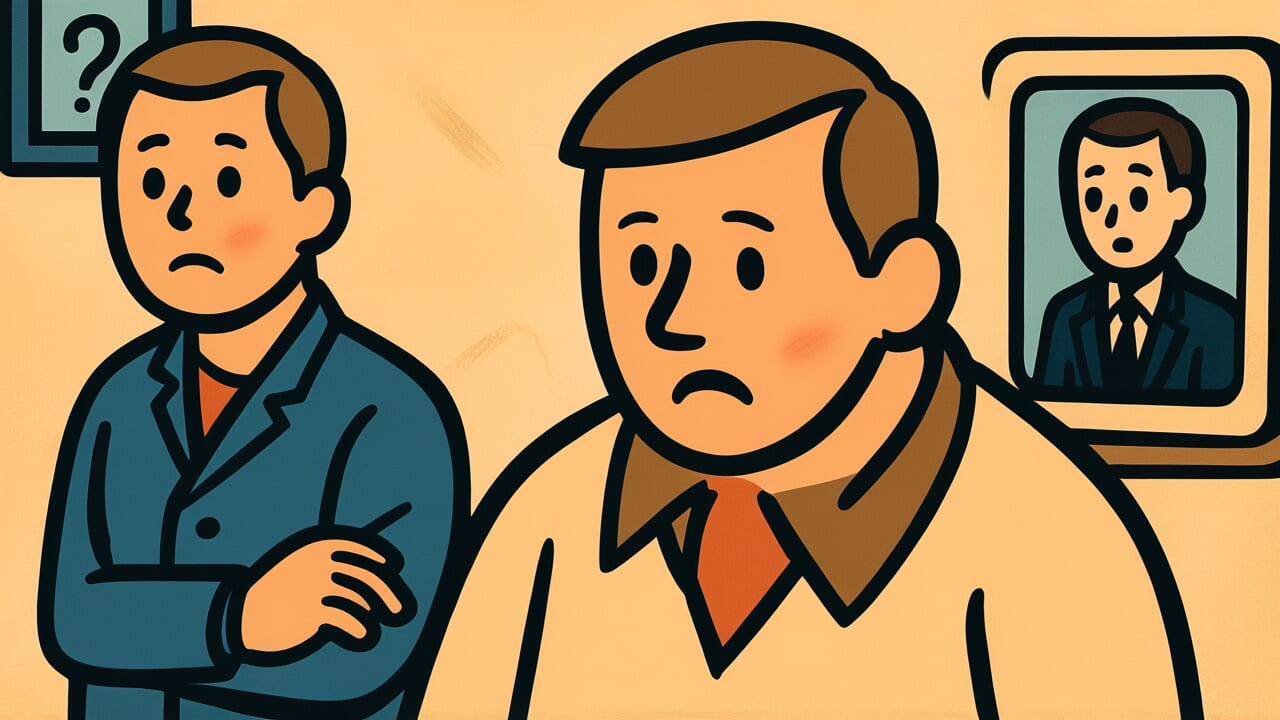How to Read “Hearing is poison to the spirit, seeing is poison to the eyes”
Kiku wa ki no doku, miru wa me no doku
Meaning of “Hearing is poison to the spirit, seeing is poison to the eyes”
This proverb expresses two different kinds of suffering. The first part means that hearing about someone’s misfortune or painful experiences makes your own heart ache.
The second part means that seeing attractive or desirable things stimulates your desire. This makes you suffer because you want to obtain them.
People use this proverb to show the double-edged nature of receiving information. Hearing and seeing are important ways to learn about the world.
But they can also bring us pain. This is an ironic truth about knowledge.
Even today, everyone experiences this. We feel sad when we hear tragic news. We feel desire when we see expensive products.
As the price of knowing, we sometimes carry an emotional burden.
Origin and Etymology
No clear records exist about when this proverb first appeared. However, its structure reveals something interesting. It uses parallel phrasing.
“Hearing” pairs with “seeing.” “Poison to the spirit” pairs with “poison to the eyes.” These contrasts create a beautiful rhythm.
The term “ki no doku” originally meant “the spirit is poisoned” or “the heart aches.” When we hear about someone’s misfortune, our hearts naturally feel pain.
“Me no doku” means something harmful to the eyes. It came to mean suffering because seeing something stimulates your desire.
Many proverbs with parallel structure emerged during the Edo period. People’s life wisdom was packaged into rhythmic, memorable forms.
This proverb cleverly contrasts two different sufferings through basic human senses. It captures the dual nature of receiving information.
Hearing causes emotional pain. Seeing stimulates desire. The proverb expresses these fundamental human reactions in simple terms.
Usage Examples
- Listening to my friend’s struggles was hearing is poison to the spirit, and my chest began to ache
- The luxury watch in the shop window is seeing is poison to the eyes, so I decided to walk past it
Universal Wisdom
This proverb offers deep insight into two fundamental human traits. These are empathy and desire.
We have the ability to feel others’ pain as our own. This is a wonderful characteristic that makes us human. But it is also a source of suffering.
When we hear about someone’s misfortune and feel heartache, we realize something important. We are not alone. We live in connection with others.
Desire for what we see is also essential to human nature. When we see beautiful or valuable things, we want to obtain them.
This urge drives us to live. But unfulfilled desire creates suffering.
This proverb has been passed down through generations because it captures a truth. Knowledge comes with a price.
This wisdom carries even more weight in our information age. We encounter countless pieces of information daily. We learn about others’ misfortunes. We see things beyond our reach.
Our ancestors already knew this truth. Knowledge is power. But it also disturbs our peace of mind.
When AI Hears This
The human brain processes visual information very differently from auditory information. Visual input travels from the eyes to the amygdala in just 20 milliseconds.
The amygdala controls emotions. This pathway is called the “low road.” It bypasses the frontal lobe, which handles rational judgment.
This means emotions react to what you see before you can think about it.
Auditory processing is more complex. Sound enters the ears and gets processed in the auditory cortex. Language goes through additional areas for meaning comprehension.
During this process, information gets organized and filtered to some degree. For example, when you hear someone’s insult, you have time to prepare mentally while understanding the words.
Research shows that unpleasant images activate the amygdala over 30 percent more strongly than unpleasant sounds. The poison of seeing is physiologically more intense than the poison of hearing.
What makes this proverb fascinating is this fact. People in an era without brain scanning technology accurately identified the difference. They understood how visual and auditory damage differs.
Witnessing your partner’s infidelity versus hearing rumors about it truly creates different brain responses. The proverb got it right.
Lessons for Today
This proverb teaches us how to deal wisely with information. Do you constantly feel heartache over unfortunate news flowing through social media?
Do you keep browsing online shopping sites, looking at things you want, feeling unsatisfied?
The key is having boundaries to protect your heart. You don’t need to receive all information. Sometimes choosing not to hear or not to see is necessary self-defense.
Empathy is a beautiful quality. But it becomes meaningless if you exhaust yourself. If you know that seeing stimulates desire, you can use the wisdom of deliberately not looking.
At the same time, this proverb gives us awareness. Feeling heartache proves you are a kind person. Wanting things proves you are alive.
Don’t deny these emotions. Understand them and control them skillfully. That is the wisdom for surviving modern life.



Comments